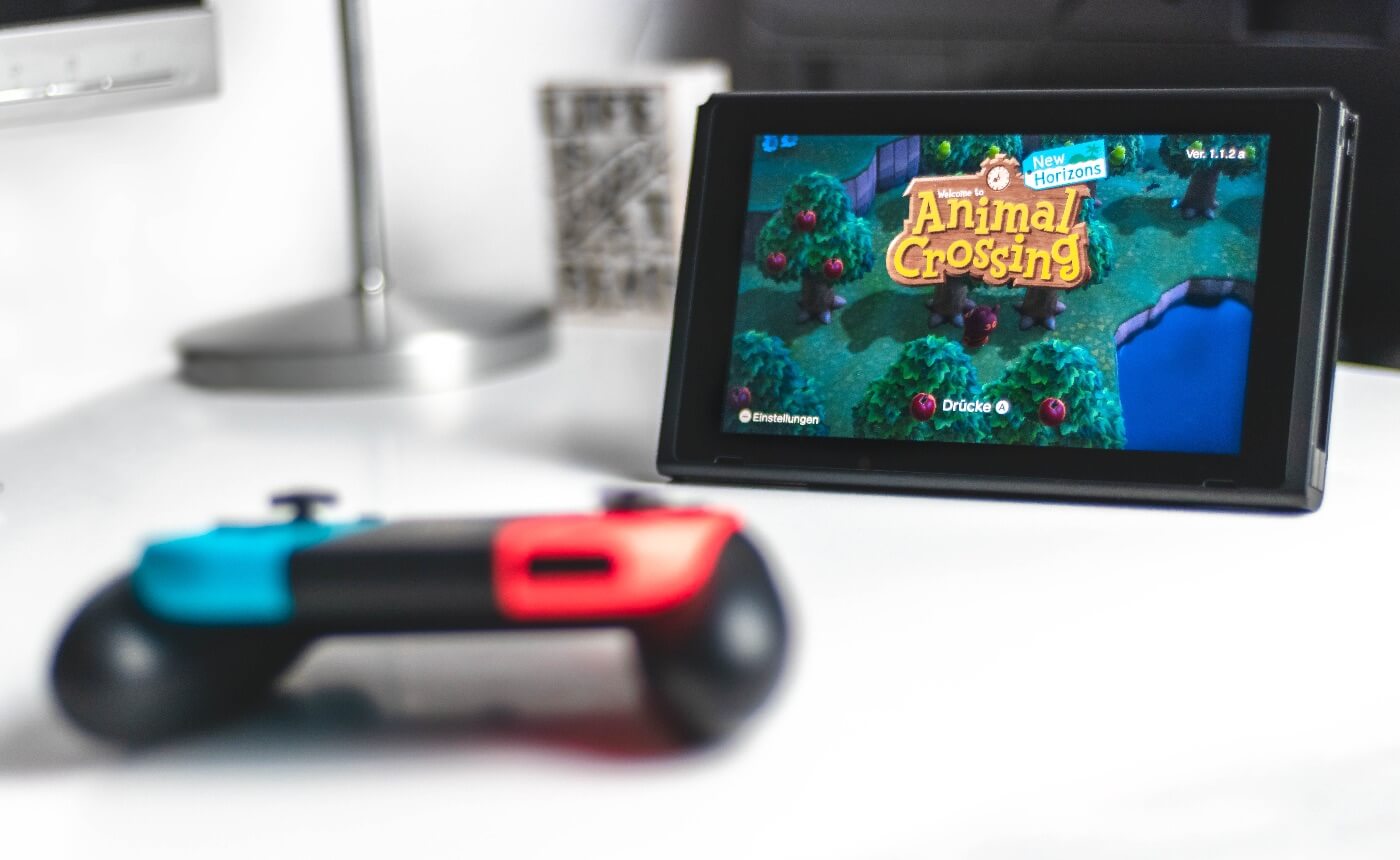It’s been around 20 years since I played Animal Crossing for the first time.
Back then, I remember it being confusing. Yes, it was fun — but how do I ‘win’? Why is that mole so angry at me? And why was that racoon charging me so much for houses? Even then, though, it didn’t take long for me to be completely and utterly hooked.
I began to embrace the calming (digital) village life, dipping in-and-out of the franchise over the last two decades. But the release of Animal Crossing: New Horizons last March led me to look at the game in a new way, particularly in light of the pandemic — and in particular, how it affected my mental health.
Here are some of the biggest things that I’ve learned about my mental health from Animal Crossing: New Horizons.
Slow down. Since the game is played in real time, you’re able to build things, make changes to your Island, and reach the game’s goals — all at your own pace (even if your pace involves a bit of time traveling in the later editions). For me, Animal Crossing showed me how badly I needed to slow things down and take the chance to smell the flowers.
It’s quiet, relaxed pace allows the player to take solace in the small, sweet moments of the game — from the birthday parties the villagers throw to seeing things like the borealis. Or even building one of those extra-talkative snowmen that took over the game during the winter months.
Since revisiting the game, I’ve found I’ve definitely developed more of an appreciation for the things in life that I might’ve taken for granted before.
Keep tasks as simple as possible (and don’t bite off more than you can chew). While there’s no overall way to ‘win’ Animal Crossing, there are a few in-game goals. Initially, it’s to upgrade your home and the town shop — or to provide new critters, fish and fossils to the museum. But it’s simple, one-task-at-a-time approach is part of what works for Animal Crossing.
The player’s never really given more than one big task at a time. Tom Nook, the racoon overlord of the island/player’s guide, assigns each goal — but only once you’ve completed the one before. Plus, gameplay is limited to help keep your villager on the right track (and to help things from getting overloaded).
The game helped me see that I needed to adopt a more simplistic, one-task-at-a-time attitude to my day-to-day life, too. I ended up going freelance a few months into the pandemic (and into revisiting Animal Crossing), and found myself quickly overwhelmed and feeling a bit lost.
But when I took the Tom Nook approach to tasks, everything started to make a bit more sense: I’d make a checklist and write down the big tasks for the day, and whether they could be broken down into smaller goals. Each day, it was like checking off my own version of the in-game goals. And taking more of a one-at-a-time approach helped me feel more like I’d met my goals— even if they were the smallest, seemingly-insignificant tasks.
Routines are important (but so is novelty). I never knew how much I valued my routine until I was forced out of it. Due to restrictions, the real-life me couldn’t go more than a few kilometres from home —but my villager helped me establish a different kind of routine: check the mail and pick up the packages I’d ordered (okay, that one also happened in real life, too), tidy up my home, water the flowers on my way into town, where I’d run some errands.
Having a sense of routine definitely helped during the total lockdown months, when my real-life pretty much revolved around Netflix bingeing and laps around the neighbourhood with my dog.
But the novelty of the game is also something that is massively appealing. I never thought I’d get so much joy from seeing a shark fin on one of the fish shadows, or when I hear that ‘woosh’ that means that a balloon with a present is on the way — or even when I find Redd’s ship docked (even though his art is mostly forgeries).
You just never know what’s necessarily going to be happening in the game that day; which can be a massive boost — particularly under lockdown.
Connections are key. Which actually brings me to my next point: the importance of social interactions.
As part of my villager’s daily routine, I’d run around saying hi to everyone who actually lived in the village — and I’d also use the time to check in with friends and family, some of whom are living thousands of kilometres away (without relying on Zoom).
It’s nearing on a year since the last time I saw my folks in person, but my mom and I are always checking in on each others’ islands — exchanging tips and tricks for the latest event in the game, or even getting some new design ideas. It’s made it feel like there aren’t thousands of kilometres between us, which has been the perfect pick-me-up when I needed it most.

